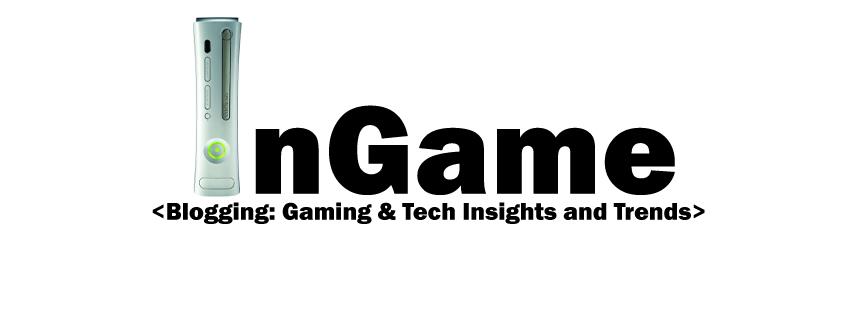DLC, for the non-gaming literate, stands for Downloadable Content. Often after a video-game is released the developers continue working on future content which gamers can then later download. Such content serves different purposes – in ‘Halo Reach’ the developers work on bringing out extra multiplayer games to refresh the experience for players, while in ‘Guild Wars’ the developers released some bonus missions so that the game ties into the sequel Guild Wars 2, which we are expecting to be released later this year. Some DLC costs money and some is free; e.g. the formal and latter examples respectively.
This is all well and good. Generally speaking, paid DLC helps to retain fans of the game while generating some instant revenue, while free DLC increases customer loyalty and bring in new players resulting in longer term revenue.
 |
| A beautiful DLC map for Halo reach - whose design is clearly the result of skill and effort. |
However, a worrying trend is emerging: DLC is more often than not being
released alongside the release of the game. Take the game Kingdoms of
Amalur: Reckoning, which was released yesterday. I logged into Steam to check the price (Steam is a PC
platform for buying and downloading games online) only
to find I could also buy a DLC for a ‘weapons and armor bundle’. This
essentially means that if I buy KoA: Reckoning, I am not buying the complete, finished
product; the developers also made some extra content but they’re selling it separately.
 |
| DLC on Steam - the first of many? |
Consider this within the content of the game for a moment. Part
of the experience of games such as these are completing challenging quests or discovering
hidden location, and you are typically rewarded with some legendary sword or
armour. Yet, if I can buy with real money weapons and armour anyway,
instantly this reward is cheapened. Furthermore resources spent on fine-tuning and
removing bugs and glitches was instead used to make DLC.
 |
| Hero, this sword could be yours for only £3.99! No wait, £29.99 + £3.99. You need the buy the game as well remember. |
What is the purpose of this DLC? It isn’t to reward fans; the game has just been released. It isn’t to draw in new customers, the game has just been released. Presumably the only and sole purpose is to milk the cash cow for customers who do want the full experience.
So what does this tell us about the game? It implies that
the developers and producers are after short-term financial revenue, which
raises doubt to the overall experience of the game. It also suggests that for hefty
profit margins, sub-standard DLC will be frequently released. I have to ask, why
would I want to buy the game now, when I know you’re going to be asking me for
a lot more money? As far as I’m concerned, it makes more sense for me to wait
when all this inevitable DLC has been released and I can finally buy the
complete and finished package in one, genuine bundle.
There you have it. As you can tell, I am not a happy man
right now. I enjoyed the demo of the game, despite its glitches. Typically
glitches experienced in a demo have been fixed by the time the full game has
been released, but I gain the impression that in Reckoning they’ll still be
present. In my eyes at least, game developers and producers need to start
considering their perceived credibility and where their priorities are when
making a game.

